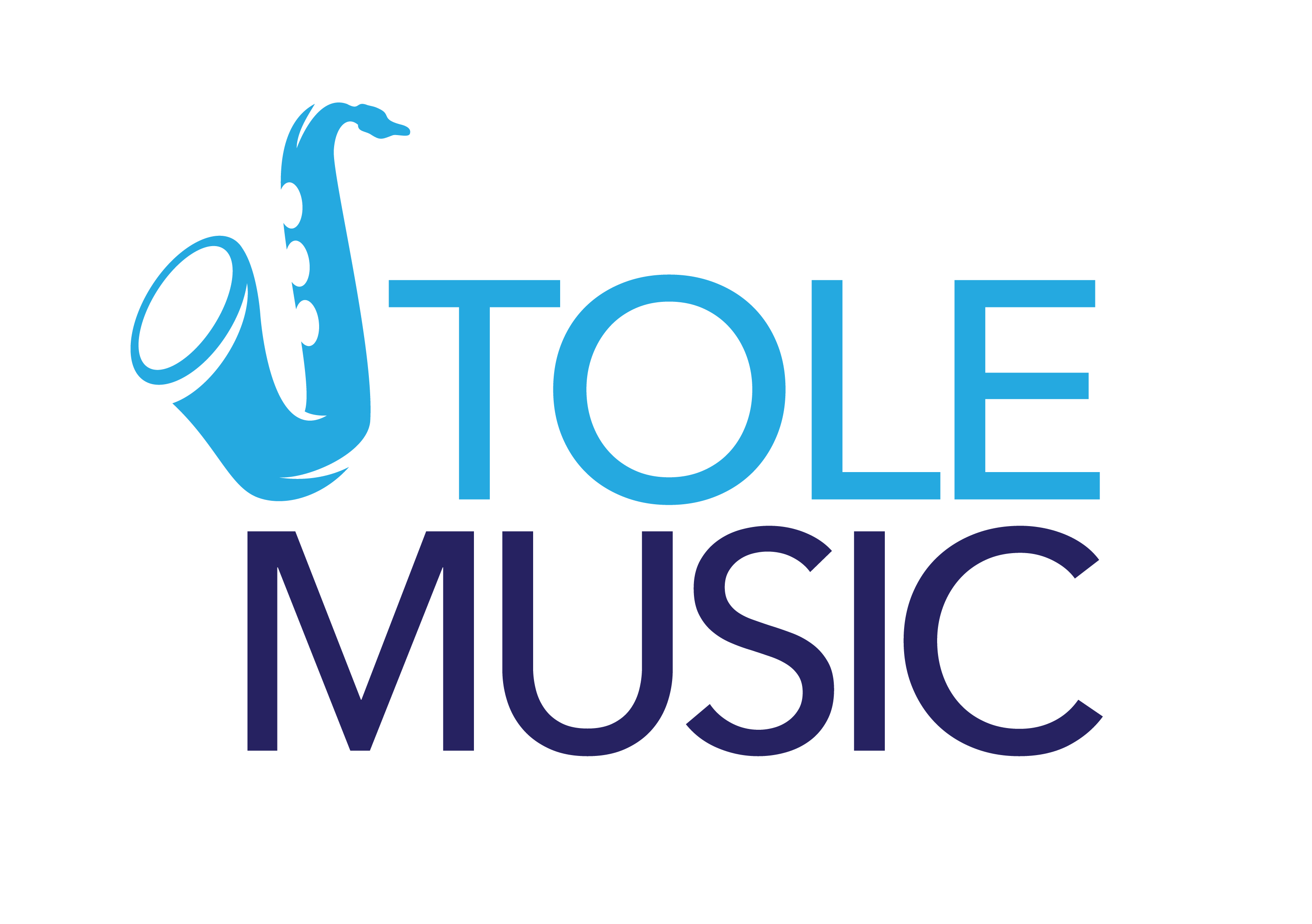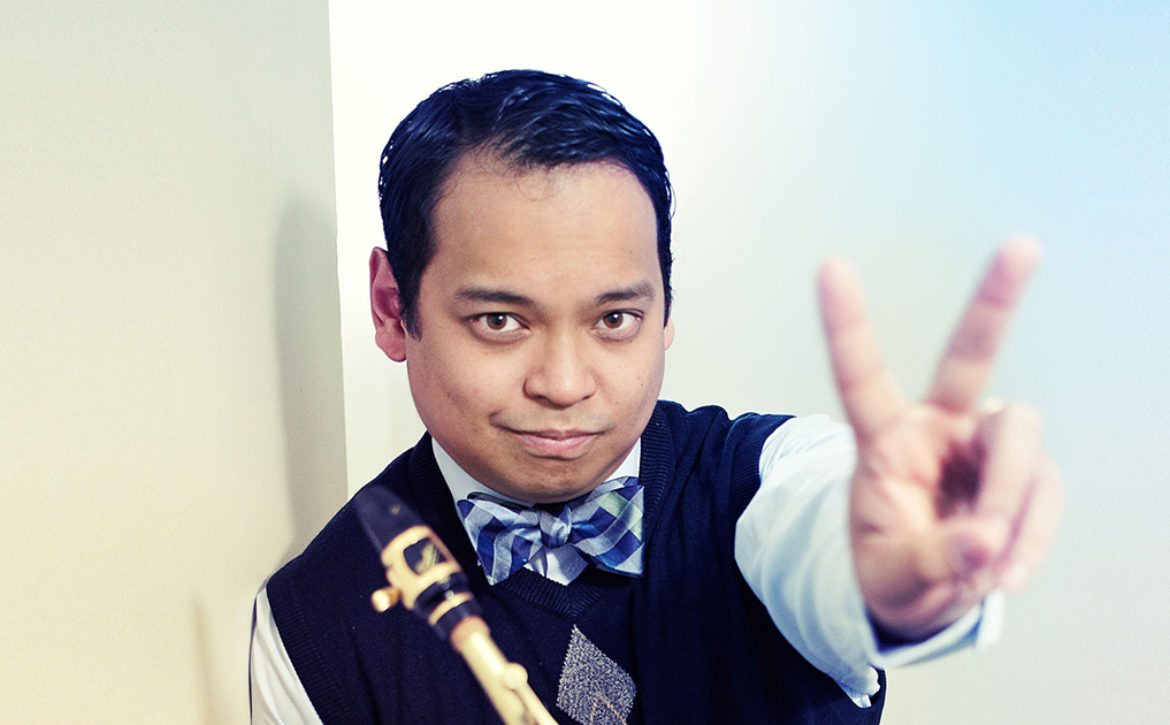Tips for Educators Looking for Jazz Education Inspiration
Interview conducted by Solomon Elyaho (Vandoren Resources)
After a lengthy career as a performer what inspired you to pursue a career in music education as well?
I’ve always enjoyed teaching and I think I discovered this in high school trying to help my fellow musicians in class and in the jazz band. I was able to teach officially in college giving private lessons at a local store and at Jackie McLean’s Artist Collective and I felt like my students were always excelling. One summer in college I was able to teach as part of Mr. McLean’s Summer Program at Hartt, and even then, I was starting to formulate how to teach jazz music as a language. So JMac was a huge influence formulating a concept, but also, he gave me my first official opportunities. For me now playing and teaching come hand in hand and one doesn’t exist without the other. I still have the opportunity to play with the highest-level musicians and right now teach seven days a week with all of my different positions.
In your experience, what are some of the toughest challenges faced by jazz educators?
For music educators in general having a schedule that gives you time with your performing groups is a common challenge. Many schools across the country are cutting program hours when they should be supporting their arts programs. Even in a school like mine where we have a very supportive administration, hours are coveted by all the programs because many students do everything now a days. So just having time with our groups is one of the toughest challenges. I know of so many directors that this is probably their number one challenge and they somehow make it work by seeing their ensembles before or after school, most of the time without compensation.
Specifically, for jazz educators, the toughest challenge is that many of our teachers are thrown into having a jazz band or are not sure how to run a jazz band with very little or no training in jazz. This music has a very deep history that we all share as Americans and we need to make sure our teachers are getting the right tools, support, and resources to teach this great art form. It’s one of the reasons I started JTole Music and we are excited to have our first Jazz Director’s Academy this summer in Texas.
“This music has a very deep history that we all share as Americans and we need to make sure our teachers are getting the right tools, support, and resources to teach this great art form.” – Julius Tolentino
With that in mind, how do you recommend starting a Jazz Ensemble for those with or without experience?
If you have experience in playing jazz and want to start one, just start one. It can be a combo program for a start and lead into a big band if you want. If you don’t have experience with Jazz and have no idea how to start reach out to someone that does. Jazz at Lincoln Center has so many free resources and music at your disposal. You can also reach out to me at JToleMusic.com. I am currently working with dozens of directors all around the US with programs of all levels. This music is an amazing tool to teach young people about so many skills that they will use in life.
Could you talk more about JTole summer workshop?
The summer workshop has grown each year and I’m excited to take it to a bigger facility this summer and partner up with the NJ Youth Symphony. The inspiration for starting my own summer camp comes from being involved in other camps and workshops and trying to fulfill my vision of what students should be getting at this time in their development. I make sure the faculty and guest artists all are 100% invested in teaching. I’ve had success bringing students and groups to national recognition and this wouldn’t happen without a team of the best music educators out there. It’s taken time to form that team through trial and error because not every great musician can teach. There is also a lot of communication with our instructors on our teaching philosophy and initiatives for each student.
We want our students to understand that jazz music is a language and we learn it like we are learning a new language. This concept has steps and many of our Fall and Spring NJYS Jazz students are already dealing with this on different levels. The summer workshop will introduce this concept to new students and help continue the process with our experienced students. We are also trying to teach the ability to become your own best teacher which ties into studying the language and the many masters jazz music has to offer.
Who are some of your musical inspirations?
I have so many inspirations and I’ll try to list some of them, but I’m sure I will leave out many. I think everyone has influences that are people we never met, people that are working now and if you are lucky have a relationship with, and people of your own generation that inspire you. As far as my playing- Bird, Stitt, Trane, Sonny Rollins, JJ Johnson, Jackie McLean, Lester Young, Hank Mobley, Lou Donaldson, Cannonball Adderley, and Illinois Jacquet are all people I’ve transcribed and have researched. People like Jackie, Illinois, Louis Hayes, Eddie Bert, Steve Davis, Steve Turre, Kenny Rampton, Antonio Hart, Wes Anderson, Sherman Irby, Mark Gross, Bruce Williams, Kenny Garrett, Nelson Hill, Nat Reeves, Wynton Marsalis, Eric Reed, Jimmy Heath, Christian McBride, and many others that I’ve been able to play with or be around that have been a huge inspiration. Musicians closer to my age like Jimmy Greene, Wayne Escoffery, Kris Allen, Jeb Patton, Jeremy Pelt, Jaleel Shaw, Freddie Hendrix, David Gibson, Miguel Zenon, Vincent Gardner, Andre Hayward, and so many give me a different inspiration. I could also add a long list of musicians younger than me, including many of my former students as another category.


